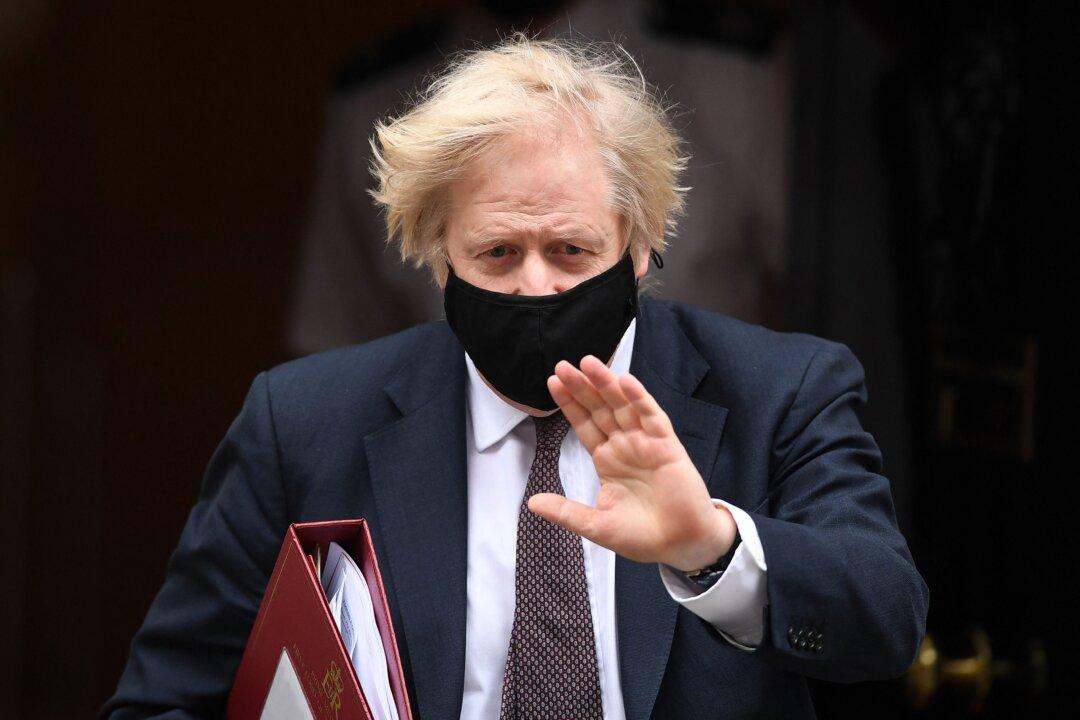Some leading backbench Tory MPs have criticized the government’s long-awaited foreign policy and defence revamp for not going far enough when it comes to China.
The Integrated Review, published yesterday, designated China as a “systemic challenge” and spelled out a pivot to the Indo-Pacific to push back against Beijing’s dominance.





